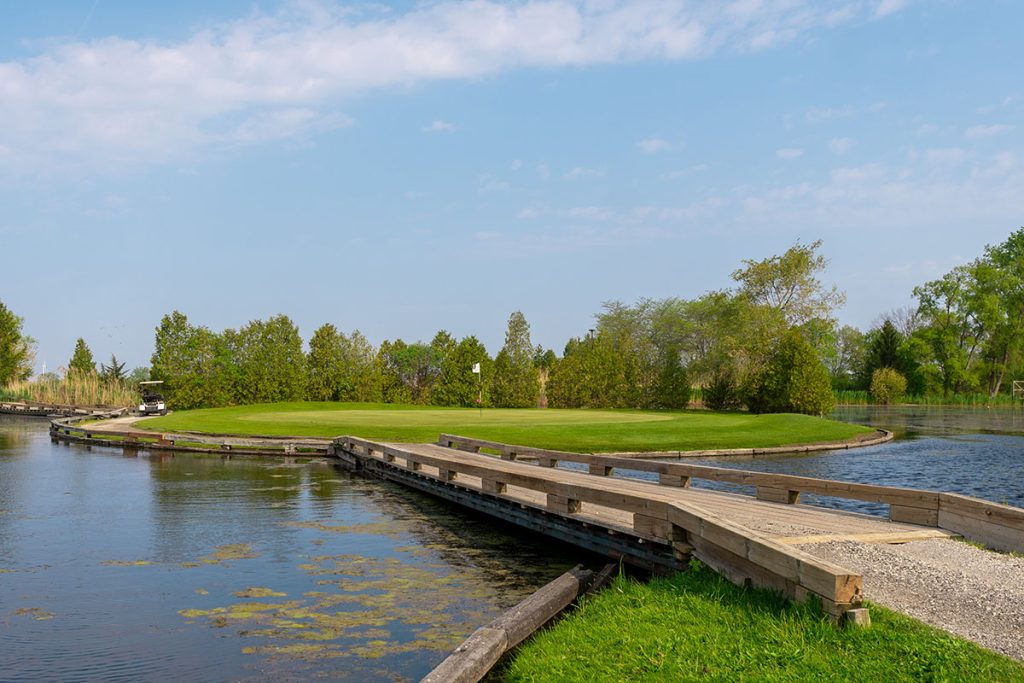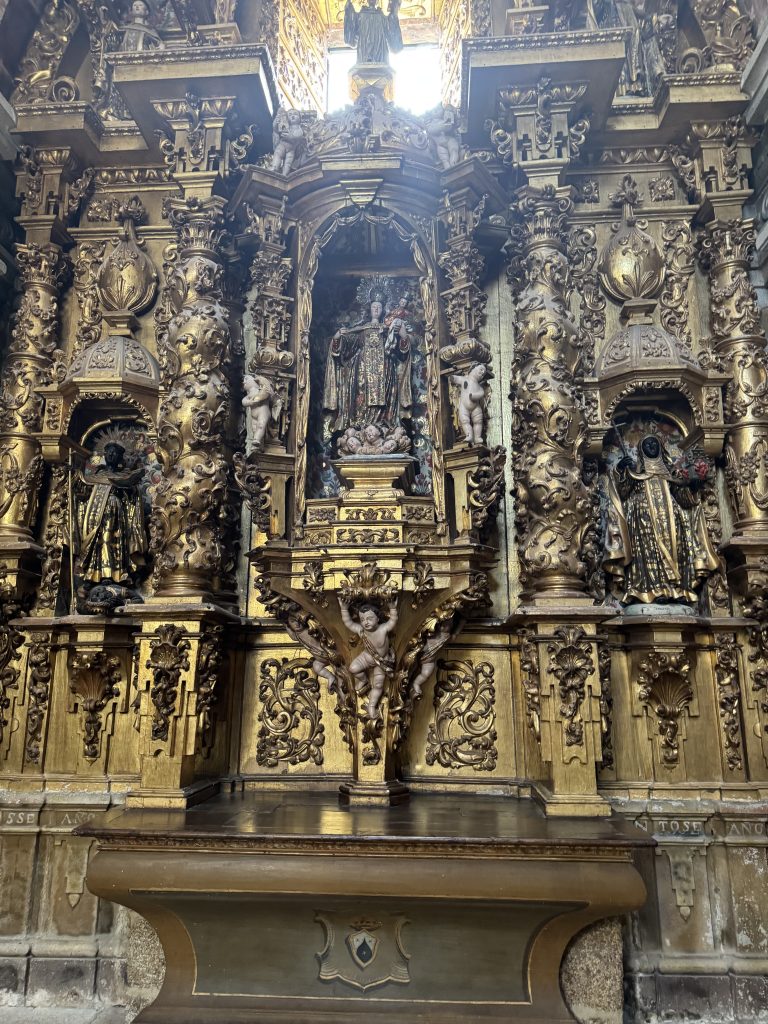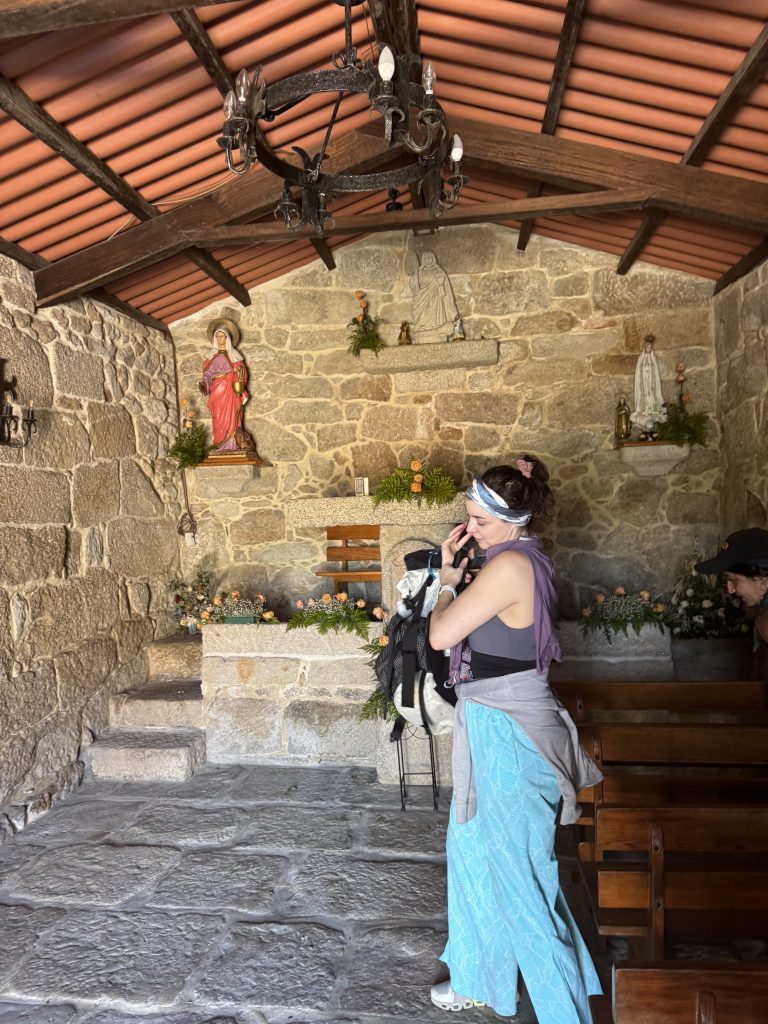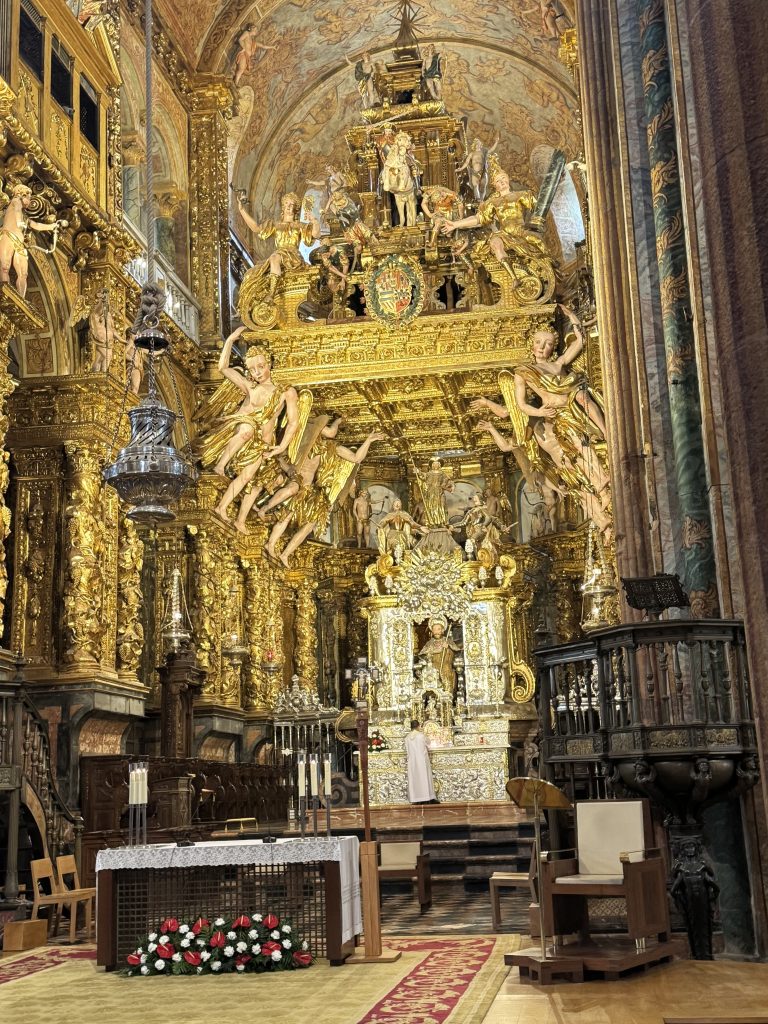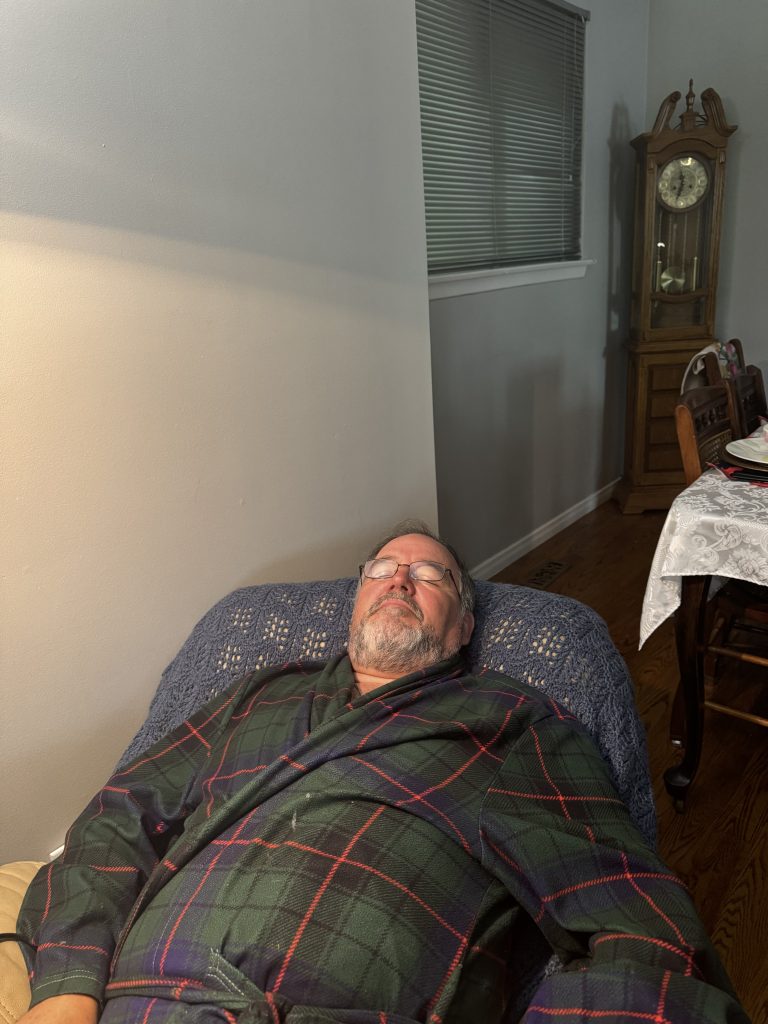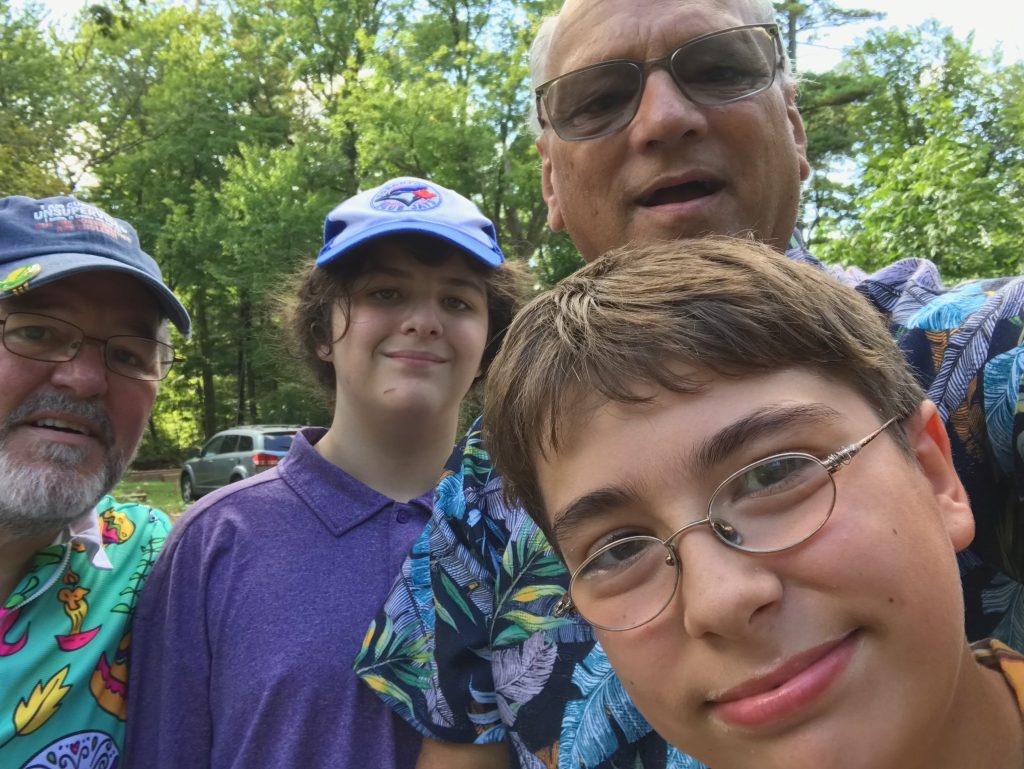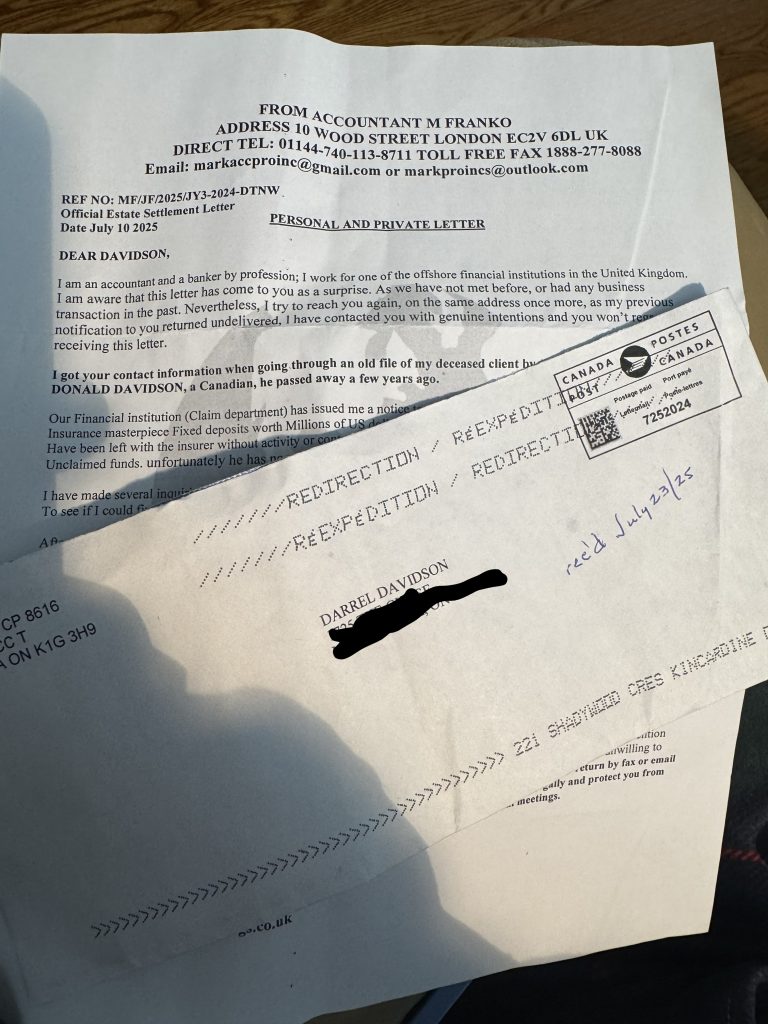
Dear friends,
As I sit to write this morning, the sun is only just beginning to rise. I realize, however, that within a very few days, that same moment will be greeted not with golden light but with darkness. Even here in August, the signs are already whispering to us that the seasons are changing, and that summer is beginning to yield to its inevitable close.
This, of course, led me to think (as it so often does) about the various jobs and chores that still need my attention. And then reality interrupted me: my foot, which still insists on reminding me of its injury from walking the Camino in Spain, is not yet fully healed. Feet, I have learned, are particularly slow to mend. This is because one cannot stay off of them, particularly when the golfing season is slipping away and one feels morally obligated to seize every last chance to play. (Surely, St. Paul would have mentioned golf if he had known about it. I suspect his line might have been: I have fought the good fight, I have kept the faith, I have played the last round before frost.)
Now, many of the jobs staring me down are really two-person affairs anyway, and I began to wonder how I would manage them. Just then, as though sent on cue, my nephew Owen appeared on the scene. Owen is always eager to come and help — and, it must be admitted, equally eager to enjoy a short holiday at his uncle’s house. His arrival reminded me what a blessing it is to have people in our lives who quietly step in and offer a hand, whether in times of great need or simply in the ordinary tasks of life.
Scripture reminds us again and again that God does not leave us to walk alone. Christ sends us companions on the journey — family, friends, sometimes even strangers — who arrive at just the right moment. It is one of the small miracles of daily life that so often God’s help comes wearing familiar faces and carrying a toolbox.
So today I give thanks — for Owen, and for all the others in my life who lend their strength when mine is lacking. Since Owen also loves a good meal, I believe breakfast out will be his particular reward. And as I say my Morning Prayer today, I will give thanks not only for him, but for all the helping hands God has sent my way.
For truly, these small mercies — these acts of generosity and companionship — make one’s days good, and remind us of the larger mercy that surrounds us always: that we are never left to walk alone.
Gracious God,
I thank you for the gift of family and friends,
for those who come alongside me in times of need,
and for the small mercies of laughter, companionship, and care.
Bless all who offer helping hands in my life,
and grant that I, too, may be ready to serve others
with the same generosity and love that comes from you.
Through Jesus Christ our Lord. Amen.
